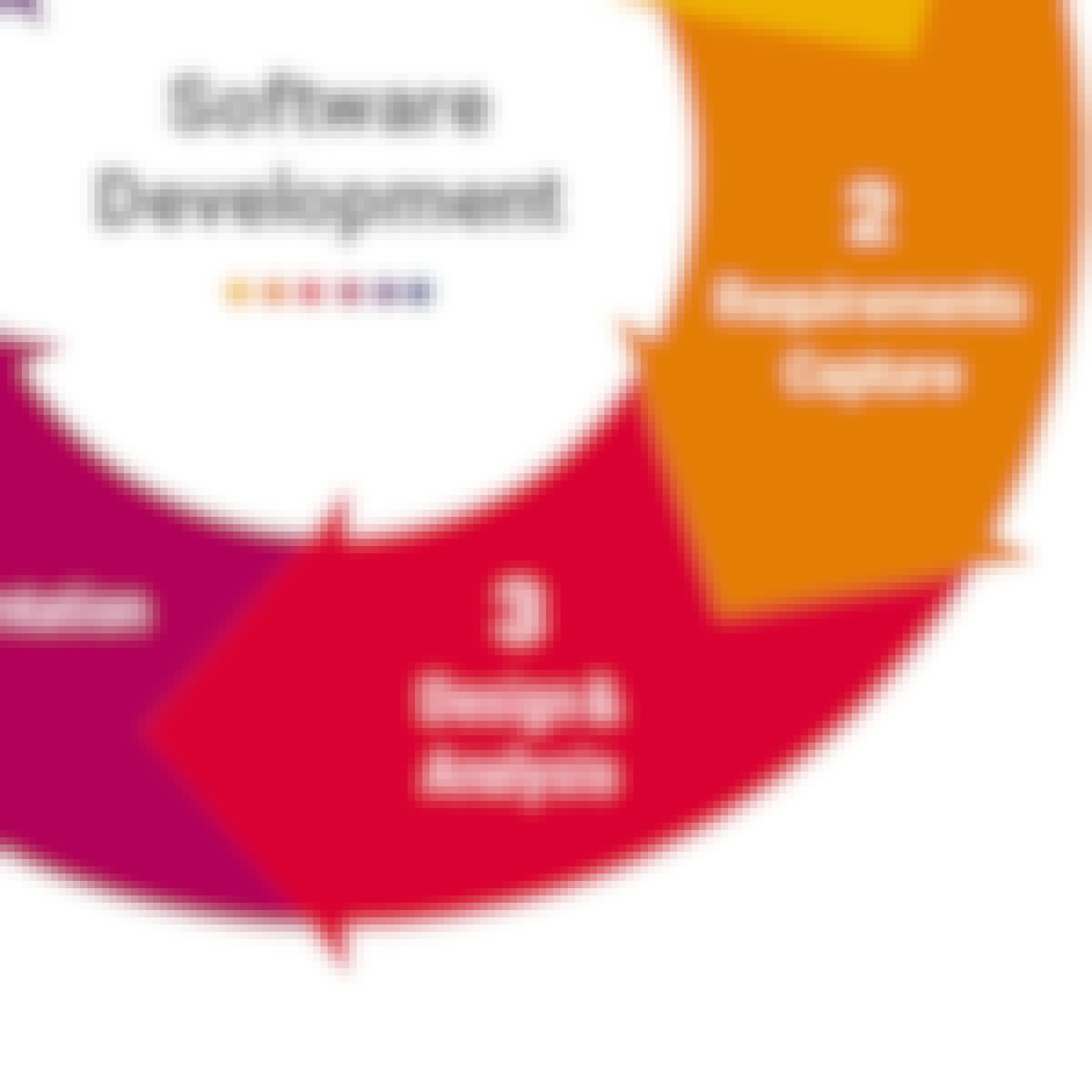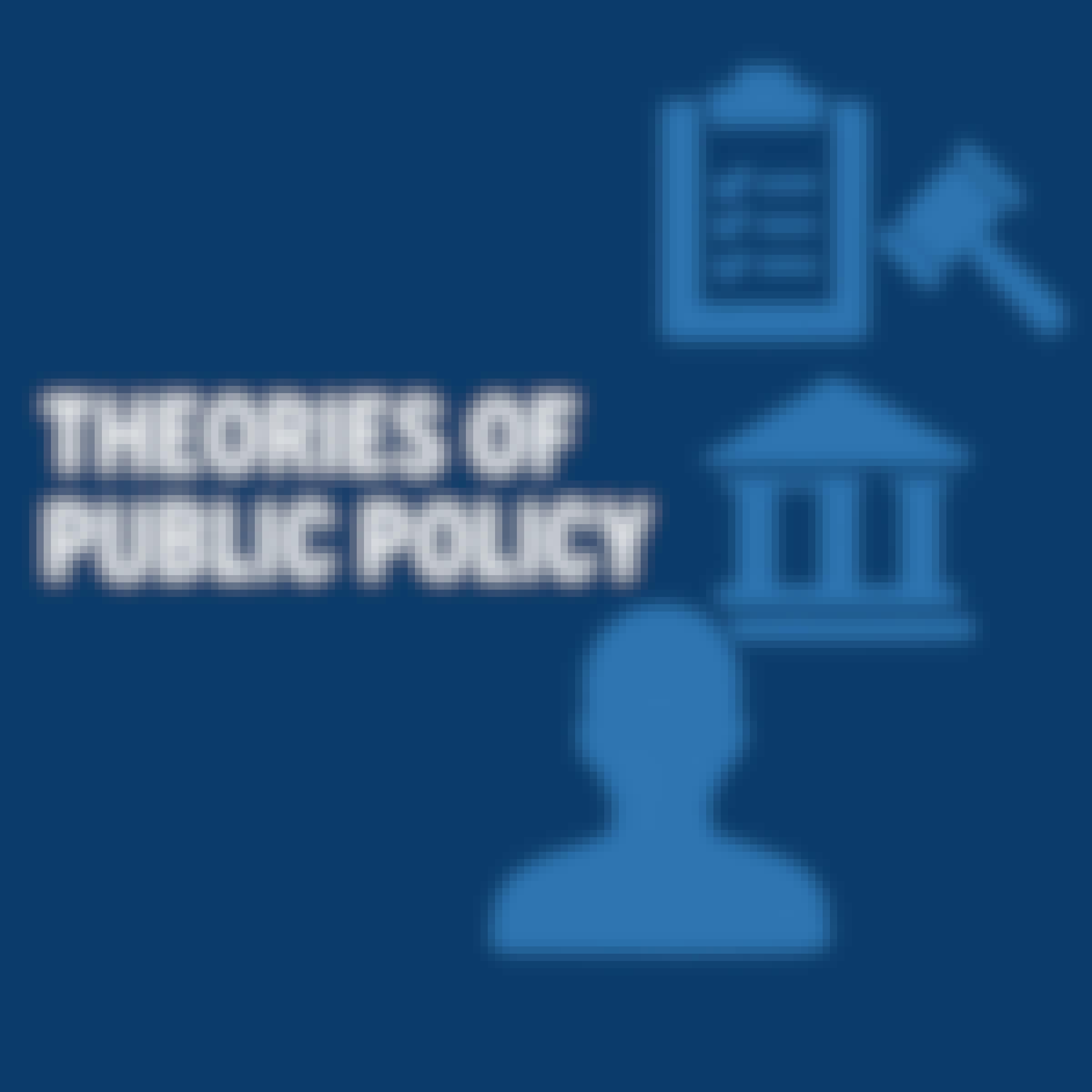- Browse
- Health Economics
Health Economics Courses Online
Study health economics for understanding healthcare markets. Learn about cost-benefit analysis, health policy, and economic evaluation in healthcare.
Explore the Health Economics Course Catalog
 Status: Free TrialFree TrialU
Status: Free TrialFree TrialUUniversity of California, Davis
Skills you'll gain: Simulations, Social Sciences, Systems Thinking, Agentic systems, Social Network Analysis, Computational Thinking, Sociology, Economics, Scientific Methods, Artificial Intelligence and Machine Learning (AI/ML), Computer Programming
4.5·Rating, 4.5 out of 5 stars84 reviewsBeginner · Course · 1 - 4 Weeks
 Status: Free TrialFree TrialM
Status: Free TrialFree TrialMMicrosoft
Skills you'll gain: Back-End Web Development, Program Development, Algorithms, Integrated Development Environments, Programming Principles, Pseudocode, Debugging, Computational Thinking, Engineering Software, C# (Programming Language), Version Control, Software Engineering, GitHub, Git (Version Control System), Data Structures, Microsoft Copilot
4.7·Rating, 4.7 out of 5 stars95 reviewsBeginner · Course · 1 - 3 Months
 Status: PreviewPreview
Status: PreviewPreviewSkills you'll gain: Entrepreneurship, Promotional Strategies, Business Modeling, Business Leadership, Content Creation, Digital Content, Innovation, Commercial Lending, Digital Transformation, Consumer Behaviour, Intellectual Property, Business Economics, Digital Media Strategy, Fundraising, Loans
4.6·Rating, 4.6 out of 5 stars163 reviewsBeginner · Course · 1 - 3 Months
 Status: PreviewPreviewU
Status: PreviewPreviewUUnited Cities and Local Governments of Africa
Skills you'll gain: Climate Change Adaptation, Climate Change Programs, Climate Change Mitigation, Environmental Policy, Environmental Issue, Social Determinants Of Health, Community Development, Environmental Resource Management, Sustainable Development, Decision Support Systems, Governance, Vulnerability
4.7·Rating, 4.7 out of 5 stars128 reviewsIntermediate · Course · 1 - 3 Months
 Status: PreviewPreviewU
Status: PreviewPreviewUUniversitat Autònoma de Barcelona
Skills you'll gain: Social Justice, Political Sciences, Public Policies, Sociology, Social Sciences, Policy Analysis, Cultural Diversity, Diversity Equity and Inclusion Initiatives, World History, Economics
4.9·Rating, 4.9 out of 5 stars54 reviewsBeginner · Course · 1 - 3 Months
 Status: PreviewPreviewU
Status: PreviewPreviewUUniversity of Toronto
Skills you'll gain: Data Structures, Object Oriented Programming (OOP), Unit Testing, Python Programming, Program Development, Algorithms, Test Case, Software Engineering, Software Testing, Debugging, Computational Thinking
4.6·Rating, 4.6 out of 5 stars729 reviewsMixed · Course · 1 - 3 Months
 Status: Free TrialFree TrialI
Status: Free TrialFree TrialIInteractive Brokers
Skills you'll gain: Real Estate, Risk Management, Property and Real Estate, Financial Analysis, Financial Acumen, Return On Investment, Economics, Construction Accounting, Market Dynamics, Investment Management, Market Data, Mortgage Loans, Investments, Market Trend, Market Analysis
4.9·Rating, 4.9 out of 5 stars7 reviewsBeginner · Course · 1 - 4 Weeks
 Status: PreviewPreviewU
Status: PreviewPreviewUUniversity of Copenhagen
Skills you'll gain: Sustainable Development, Socioeconomics, Systems Thinking, Social Sciences, Environmental Issue, Timelines, Environmental Policy, Ethical Standards And Conduct, Political Sciences, Economics
4.7·Rating, 4.7 out of 5 stars46 reviewsMixed · Course · 1 - 4 Weeks
 Status: Free TrialFree TrialT
Status: Free TrialFree TrialTThe Hong Kong University of Science and Technology
Skills you'll gain: Software Design Patterns, Systems Development Life Cycle, Software Architecture, Software Development Life Cycle, Software Quality Assurance, Software Design, Process Driven Development, Software Engineering, Quality Assurance, Systems Analysis, Object Oriented Design, Systems Design, Program Development, Project Management, Project Planning, Unified Modeling Language
4.6·Rating, 4.6 out of 5 stars189 reviewsIntermediate · Course · 1 - 3 Months
 Status: Free TrialFree TrialU
Status: Free TrialFree TrialUUniversity of Glasgow
Skills you'll gain: Health Informatics, ICD Coding (ICD-9/ICD-10), Clinical Data Management, Data Mining, Medical Records, Clinical Informatics, Descriptive Analytics, Database Design, Electronic Medical Record, Precision Medicine, Analytics, Relational Databases, Patient Flow, Exploratory Data Analysis, Descriptive Statistics, Predictive Analytics, Predictive Modeling, SQL, Interoperability, Machine Learning
4.6·Rating, 4.6 out of 5 stars14 reviewsIntermediate · Course · 1 - 4 Weeks
 Status: NewNewStatus: PreviewPreviewO
Status: NewNewStatus: PreviewPreviewOO.P. Jindal Global University
Skills you'll gain: Public Policies, Policy Development, Policy Analysis, Economics, Policy, and Social Studies, Advocacy, Political Sciences, Social Sciences, Environmental Policy, Social Justice, Public Administration, Program Evaluation, Communication Planning, Strategic Communication, Ethical Standards And Conduct, Behavioral Economics, Governance
Build toward a degree
4.8·Rating, 4.8 out of 5 stars6 reviewsBeginner · Course · 1 - 3 Months
 Status: PreviewPreviewU
Status: PreviewPreviewUUniversity of Rochester
Skills you'll gain: Supply And Demand, Market Dynamics, Economics, Consumer Behaviour, Resource Allocation, Cost Benefit Analysis, Market Analysis, Policy Analysis, Decision Making, Budgeting
4.6·Rating, 4.6 out of 5 stars271 reviewsBeginner · Course · 1 - 4 Weeks
Health Economics learners also search
In summary, here are 10 of our most popular health economics courses
- Computer Simulations: University of California, Davis
- Foundations of Coding Back-End: Microsoft
- Entreprendre dans les Industries Culturelles à l'ère du numérique: Sciences Po
- Planning for Climate Change in African Cities: United Cities and Local Governments of Africa
- Feminismo, género y política: Universitat Autònoma de Barcelona
- Learn to Program: Crafting Quality Code: University of Toronto
- Construction and Real Estate (US): Interactive Brokers
- Sustainable Development - Ideas and Imaginaries: University of Copenhagen
- Software Engineering: Software Design and Project Management: The Hong Kong University of Science and Technology
- Data mining of Clinical Databases - CDSS 1: University of Glasgow










